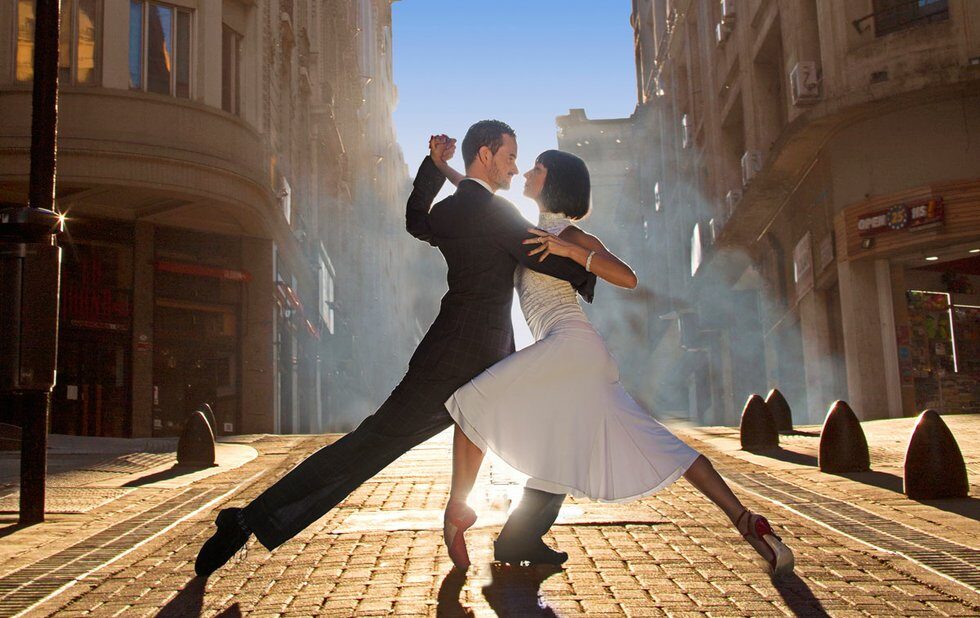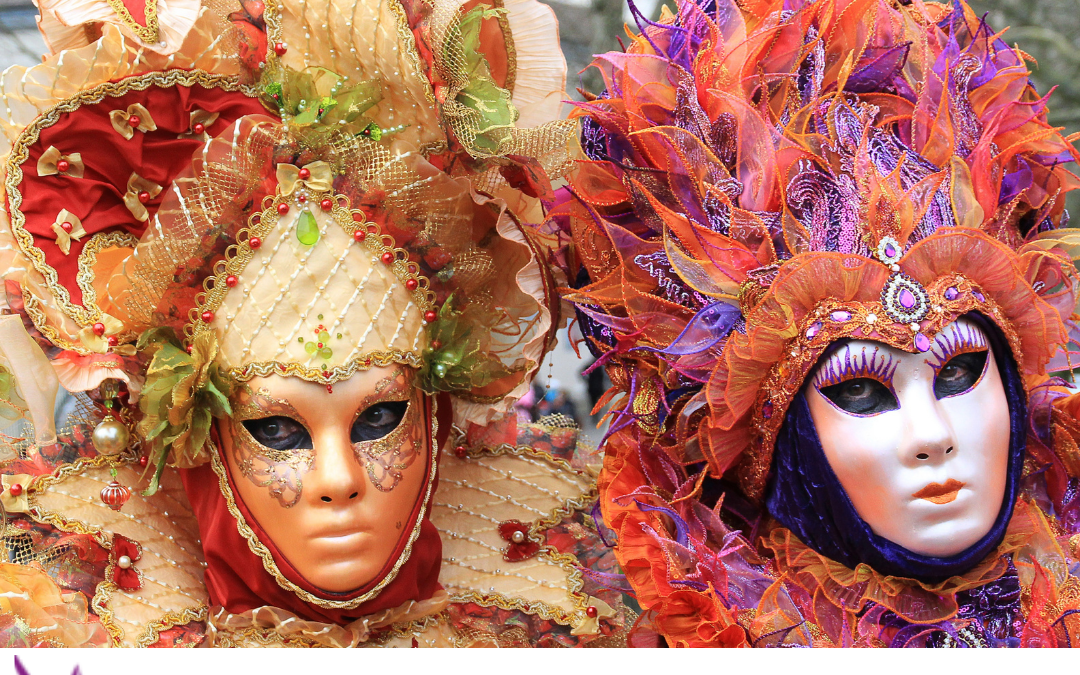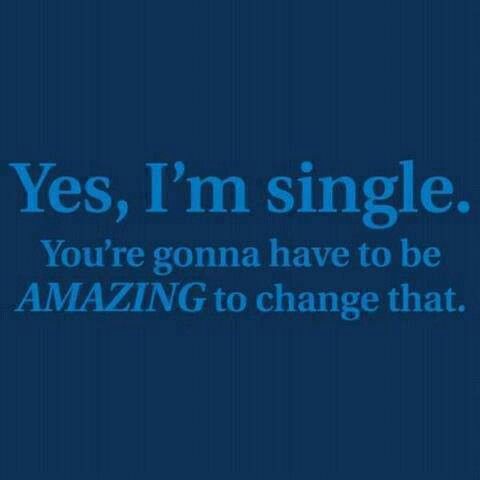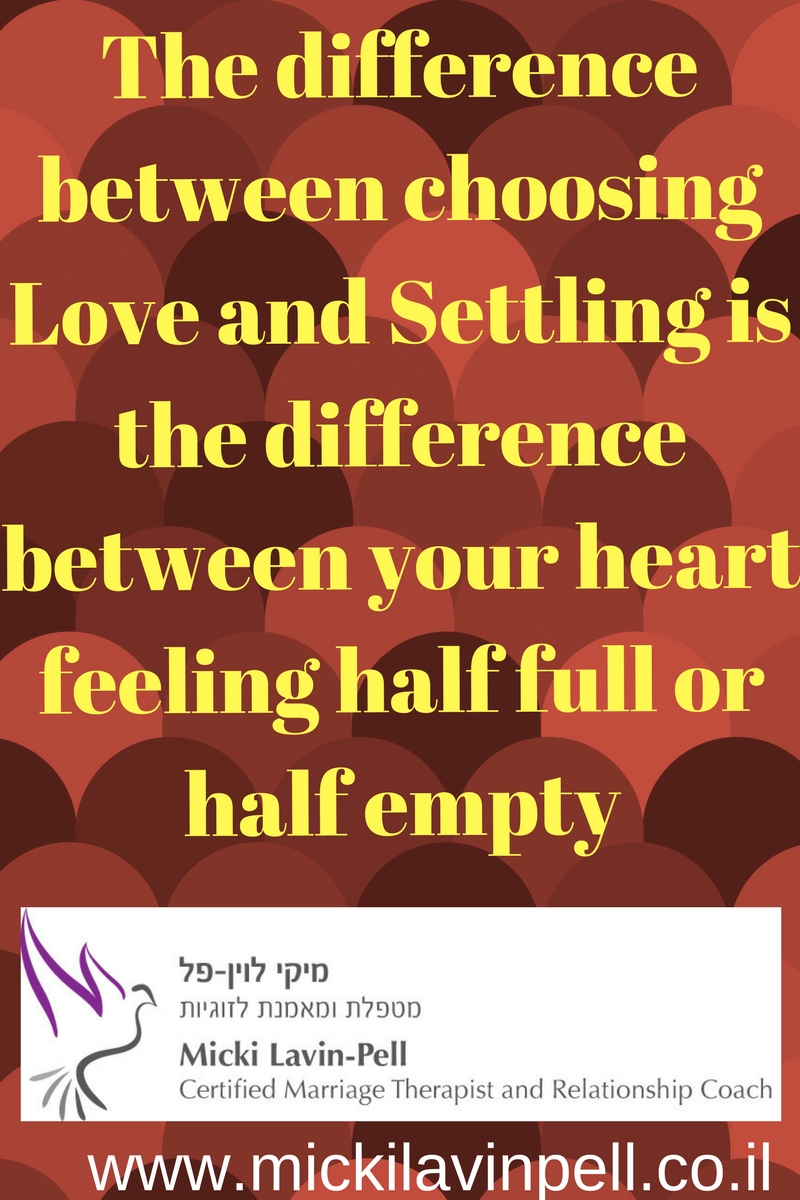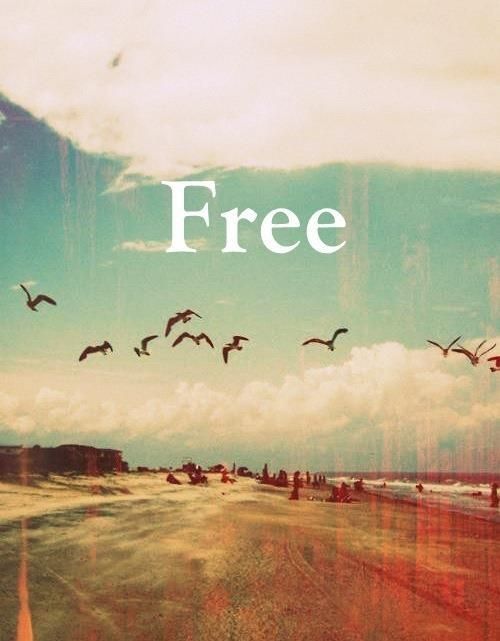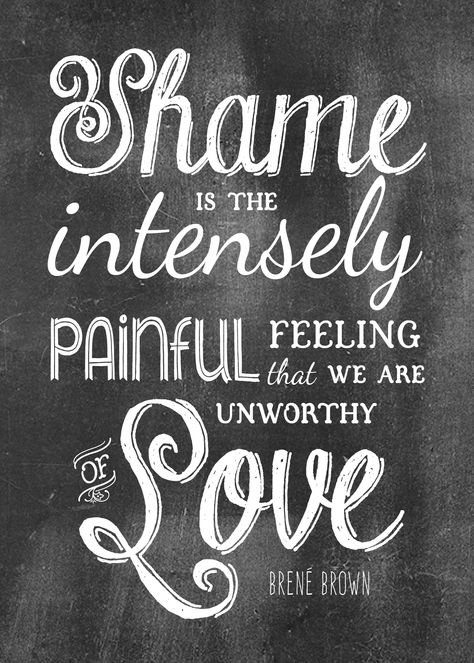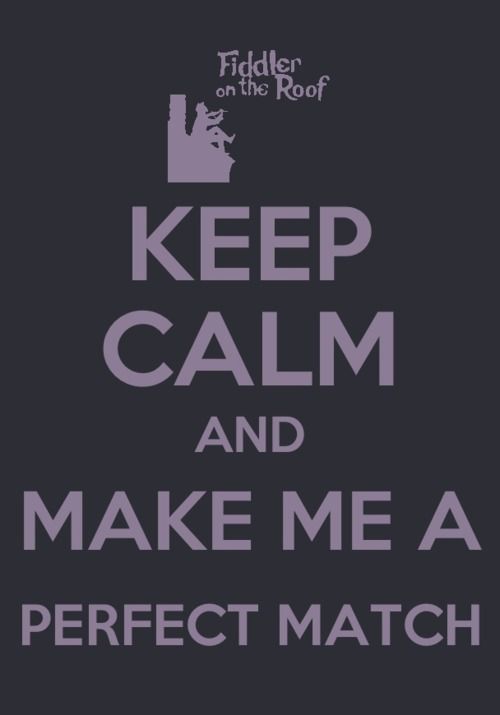Do You Dance Like this as A Couple?
The negative cycle begins and ends at exactly the same point. She reaches for her husband, her need gets missed and then she shouts and spews anger as she feels ignored. This then causes her partner to pull away as they run and hide.
Who doesn’t want to be the Wise Child?
On Passover, we mention the 4 sons: the Wise, the Wicked, the Simple one and the “Child Who Doesn’t Know What to Ask.”
Are the Masks Ready to Come Off Yet?
Do you feel unseen by your partner? Read this article to hear more about it…
The Torah of Commitment to your Relationship!
The more we take a leap of faith and believe in ourselves, the better able we will be to commit to someone else.
How to Make Sure You Aren’t Settling 4 Love?
Are you concerned about settling for love and making the biggest mistake of your life? Read this article to find out what questions to focus on when searching for love?
Freedom: Are you single by choice?
We’re surrounded by people in relationships. But not all relationships are created equal. While some appear to be happily coupled, not all are.
Many of us fantasize that life will be better once we’re in a relationship. But all around the world there are couples who remain unhappy.
Where’s the gap? Are so many marrying the wrong one?
Many who haven’t yet chosen a partner claim they aren’t ready or haven’t met the right one. Few will admit they don’t want a relationship altogether.
Lots of people who are partnered up are ill equipped, or not emotionally ready or prepared for what’s involved. After the sparks and fireworks wear off, they’re left feeling deflated and mistakenly believe they married the wrong one.
Few will look inside and ask what they could have done differently to make the relationship work. Less will admit they really don’t want commitment, and never did.
The reason is because it feels wrong to say I don’t want a relationship, or I don’t have all the answers. Many are too scared to say, for now marriage really doesn’t suit me for one reason or another.
Not everyone is in a position to give up their hectic lifestyle to be in a relationship.
Relationships require time and space. If you don’t have this, it’s probably a good idea not to get into a relationship, because you’ll probably just tick off your partner.
To be in a relationship or not, either one requires a conscious choice.
You can feel free in a relationship, or out. What brings a sense of freedom and peace of mind is the conscious choice involved.
If you’ve chosen to be in a relationship, but just haven’t found the one, or the timing isn’t right yet, feel the freedom that you are on a path towards finding what you want.
The journey to finding a partner is longer for some than others. The decision about whether to be in a relationship is your cup of tea is a shorter but even more essential road.
Too many of my clients suffer because they never took the time to reflect on whether being in a relationship is for them. They get into a relationship or remain alone through inertia, and not conscious thought.
This is a pity and needn’t be the case.
From my experience, WHO becomes less of an issue once you’ve chosen the WHY. When you’re clear about why you want in or out of a relationship, the rest falls into place.
If you remain in a place of ambivalence and fear, this is unnecessary torture.
If on the other hand you have chosen to be single, then own it, and be proud of it. There is nothing wrong with this decision, and don’t let society make you think otherwise.
If you aren’t sure where YOU stand, hit reply. I love helping people with difficult decisions like this.
Post Relationship Trauma- Getting to the Other Side
Post Relationship trauma is a common barrier to forming healthy, loving, romantic relationships. To learn more about Post relationship trauma and how to heal from it, read this article.
What’s the shame about couple’s therapy?
Is shame blocking you from creating a loving marriage or relationship?
What was the first shadchan thinking?
Shadchans set people up in one of two ways. Either they do this with wanton abandon. Throwing a guy and a girl together because they have some haphazard things in common and, “heck, she’s a girl and he’s a boy.” Or they do tons of research and only set people up when they feel they have a level above a certain threshold in common.
In Parshat Chaye Sarah, the shadchan in the story, Eliezer, is nervous about setting up yitzchak and getting it right. He asks lots of questions about how to know he’s found the one.
It seems that at the start Eliezer very much favors the second more scientific approach to setting people up. He seems so particular about finding just the right one.
But when he’s on the ground doing his field work, everything changes. He seems to throw all caution to the wind and without even trying to start the task. He says to himself the next girl that offers my camels a drink will marry him!
What is going on here?!
Imagine J-Date suddenly abandoned their algorithm and instead put you together with the next person who logs in.
One interpretation is that Eliezer felt he was looking in the right ball park. Meaning, he knew the general location was a good one for finding good women who were appropriate for Yitzchak.
In terms of the choice criteria, offering a drink, Eliezer knew the act of giving is such an essential part of a successful relationship. As long as that element was there, it was enough for him to feel confident he chose a winner.
We often get bogged down by things we think we need from a partner. A good job, good looks, good family, etc.
Sometimes we get so thrown off by people’s insignificant details (arriving a bit late for a date, not saying the exact right thing, not wearing the right thing, ordering the wrong thing) that we miss the essential ingredients that make for a great partnership. Like their ability to give and receive.
It’s interesting that Avraham embodies the midah of chessed and Yitzchak embodies the midah of gevurah. Chessed is about giving and Gevurah is about receiving.
By combining these two midot we have the potential to create the perfect dynamic.
Getting the balance right is a challenge. While deep down we know we want a good give and take balance in our relationship, yet often it seems so obvious that we overlook it.
In the book, “Women who love too much” Robin Norwood addresses women who are very good at forgetting about their needs and give so much to a relationship, there is literally no space for anyone else to give.
These are women (and this goes for men too btw) who were abused or neglected as children and believed the only way for them to receive love is if they behave well and do everything right.
They were never taught by their parents how to give and receive and find a happy balance.
For people who were abused, receiving feels scary and weird because it’s foreign to them. When they date a kind man, who can give, they run a mile. The only kind of person they can feel attracted to is the one model they have of love, an abusive or neglectful one.
If you can relate to being attracted to partners who are either abusive or neglectful, drop me a line and tell me what you would like to do differently in your relationships to get the give and take balance right. Check out my website: www.mickilavinpell.co.il
